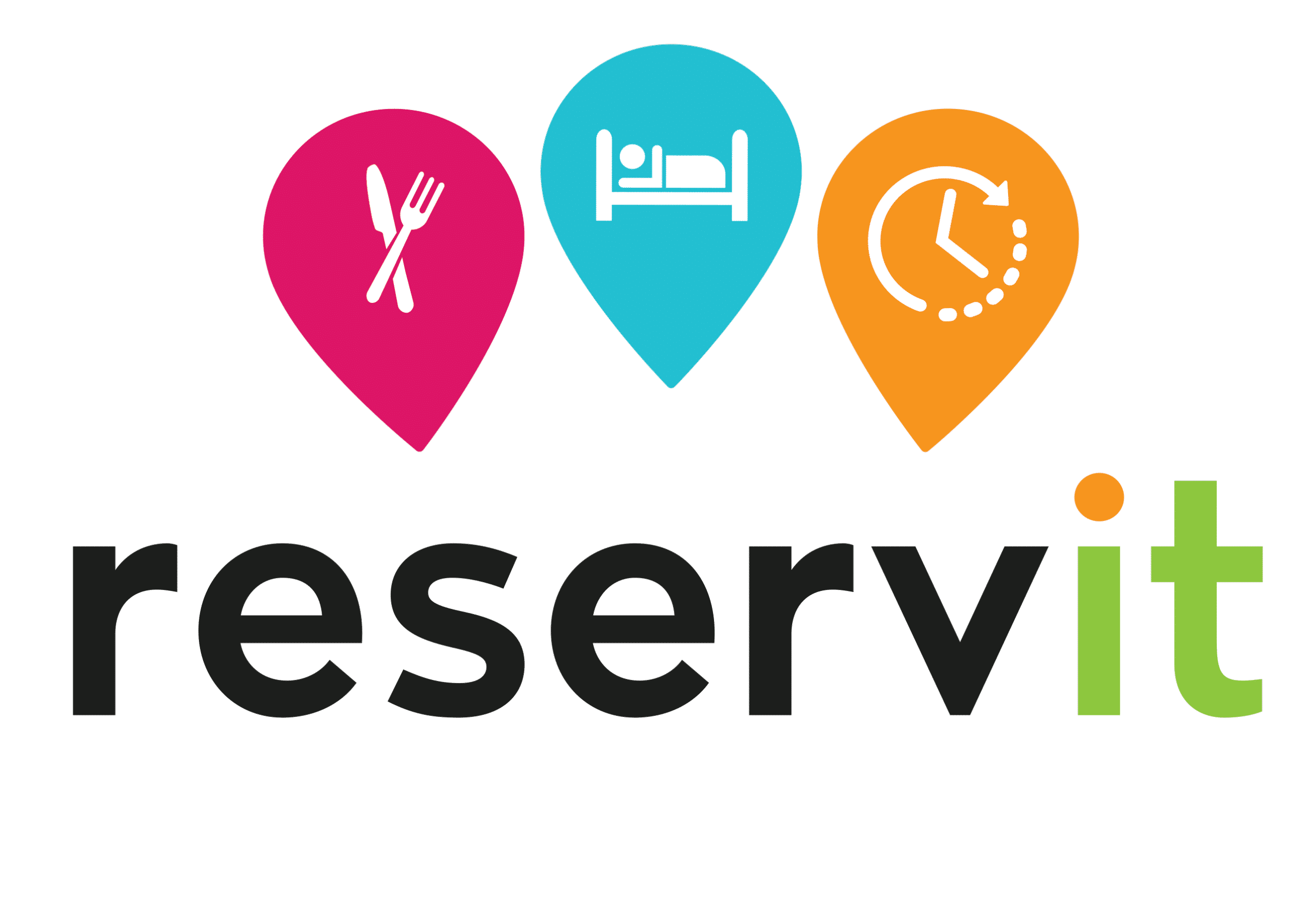Choosing the right payment processor means saving money!
As a hotelier, choosing the right payment processor can significantly impact your profit margins. But are you fully aware of all the factors you need to consider?
What is Interchange?
Interchange is a fee paid by the acquirer (the hotelier’s bank) to the card issuer (the customer’s bank) every time a card transaction is processed.
In Canada, these fees vary depending on the type of card and the transaction method, with rates ranging from 1.25% for basic credit cards to 2.54% for premium cards. The average interchange fee for Canadian merchants is approximately 1.81%, which represents a significant portion of transaction-related costs.
About 40% of credit cards in circulation in Canada are high-interchange cards, such as rewards and premium cards.
These cards, often linked to expensive loyalty programs, result in higher fees for hoteliers, which can reduce your profit margins.
Tokenization
Tokenization is a security process where sensitive card information, such as card numbers, is replaced with a unique “token.” A token is a randomly generated string of characters that contains none of the original card information, yet can be used to securely authorize transactions.
If not managed in-house by your service provider, tokenization is often outsourced to costly card tokenization services. Many payment processors and software providers charge additional fees for managing and storing these tokens to cover the costs of outsourcing, which in turn increases expenses for hoteliers.
The payment processor
Beyond interchange and tokenization fees, hoteliers must also consider the fees imposed by payment processors themselves.
These fees can include a percentage of each transaction, fixed per-transaction fees, or even monthly fees for access to payment processing services.
In 2024, many software platforms use payment processors as a source of revenue. Often, the payment system integrated into the software is actually a white-label version of the payment processor.
As a result, this can add an additional 0.2% to 1.5% on top of interchange and tokenization fees for the hotel.
How Reservit helps you reduce costs
- Interchange Fees: While interchange fees imposed by credit card issuers are unavoidable, we focus on solutions that help reduce your other costs.
- Tokenization: Reservit stands out as one of the few hotel technology providers that manages payment data security in-house. This means you save on every stored credit card without relying on costly external tokenization services.
- Payment Processors: No hidden fees with us. Our model is simple: a fixed annual subscription tailored to your needs, with no additional per-transaction costs. We partner only with selected payment processors to ensure you receive the best rates on the market.
With Reservit, you choose a transparent and cost-effective solution that optimizes your payment costs.
Comparaison
Calculation Method with an Average Nightly Rate of $350 // Average Global Rate for Reservit Users: 2.11% // Average Global Rate for Competitors: 2.46% + Tokenization at $0.75 per card
| Hotel Revenue | Estimated Payment Costs for Reservit Users | Estimated Payment Costs for Users of Other Solutions | Savings Achieved |
| $100,000 | $2,110 | $2,648 | $538 |
| $250,000 | $5,275 | $6,618 | $1,343 |
| $500,000 | $10,550 | $13,236 | $2,686 |
| $1,000,000 | $21,100 | $26,472 | $5,372 |

Sources for this article:
https://www.clearlypayments.com/blog/understanding-interchange-fees-a-canadian-merchants-guide/
https://www.clearlypayments.com/interchange-rates-in-canada/
